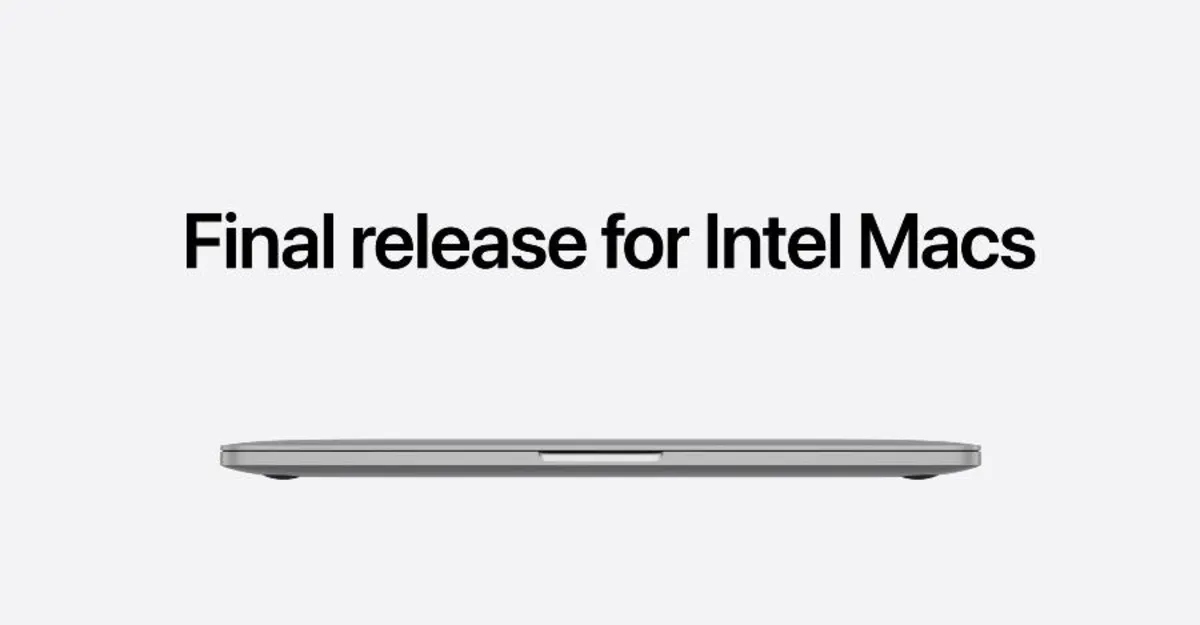
Macs equipped with an Intel chip are set to undergo a significant transition, as they will no longer receive major software updates following the release of macOS Tahoe this fall. This announcement was made during the WWDC Platforms State of the Union keynote by Matthew Firlik, Apple’s senior director of developer relations. Firlik stated that macOS Tahoe “will be the final release for Intel Macs,” marking a pivotal moment in Apple's shift towards its own silicon.
Apple began this transition with the introduction of its first in-house processor in 2020 and completed the migration with the launch of the Mac Pro in 2023. While Intel-based Macs that are compatible with macOS Tahoe, such as the 16-inch MacBook Pro released in 2019, will continue to receive security updates for three years, users are encouraged to consider migrating to Apple silicon.
Lauren Klug, an Apple spokesperson, emphasized this migration, stating, “Apple silicon enables us all to achieve things that were previously unimaginable, and it’s time to put all of our focus and innovation there.” Firlik also noted that now is an ideal time for developers to assist users in transitioning to the Apple silicon versions of their applications.
As part of the macOS Tahoe rollout, Apple has provided a comprehensive list of devices that will be compatible. Here’s the breakdown:
MacBook Air with Apple silicon (2020 and later) MacBook Pro with Apple silicon (2020 and later) MacBook Pro (16‑inch, 2019) MacBook Pro (13‑inch, 2020, four Thunderbolt 3 ports) iMac (2020 and later) Mac mini (2020 and later) Mac Studio (2022 and later) Mac Pro (2019 and later)Apple is carrying forward its modern Liquid Glass design language in macOS Tahoe, along with several exciting new features. Among these enhancements is a more powerful version of Spotlight, which promises improved functionality. Additionally, macOS Tahoe will support the iPhone’s Live Activities feature and include the integration of the Phone app, enhancing the overall user experience.
As Apple continues to innovate, the focus on Apple silicon signifies a new era for Mac users, encouraging them to embrace the latest technology for better performance and security.